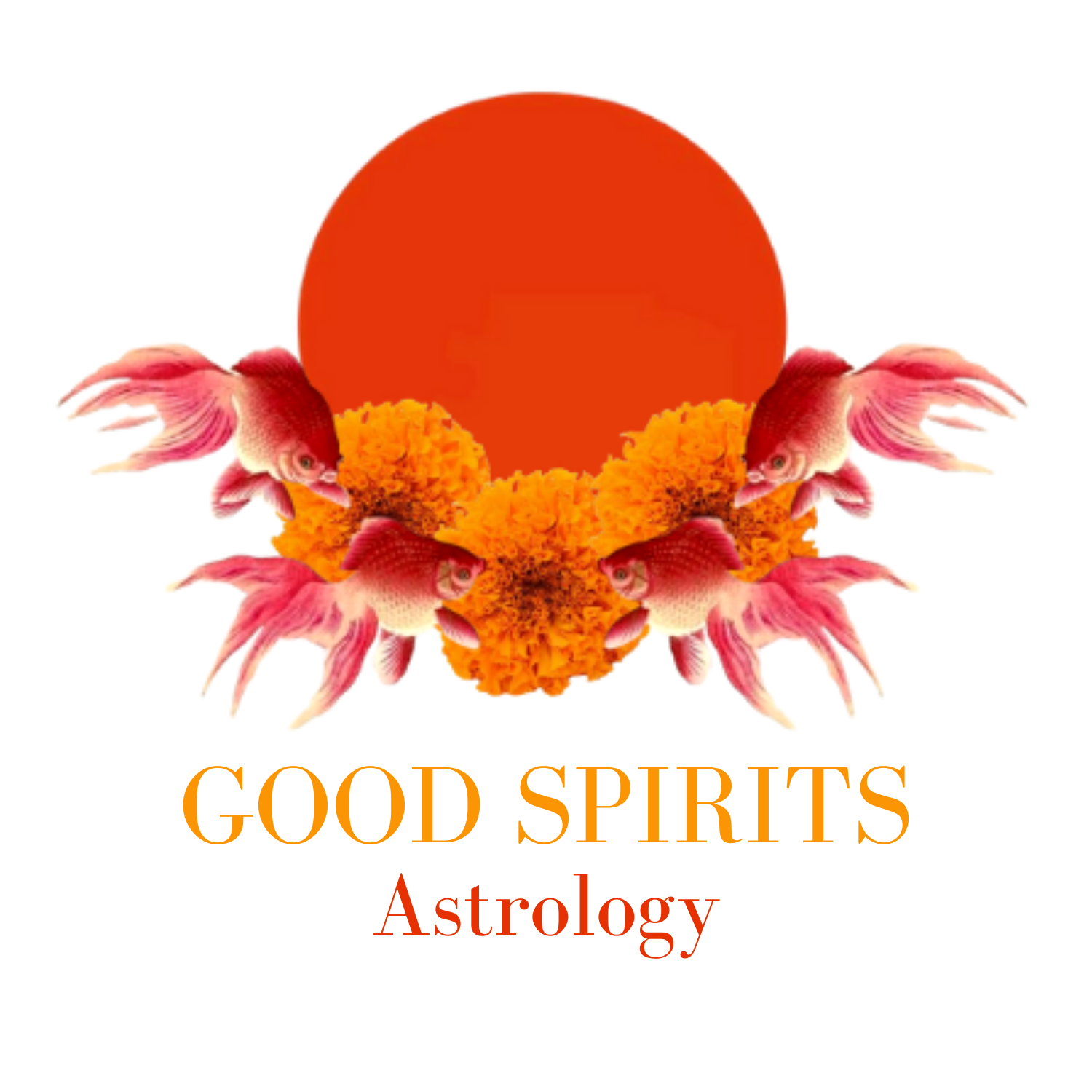Astrology & Mythmaking
The Blossom of Youth by Ladislas
Czachórski
I’m obsessed with myth, and not in the way, or not exclusively in the way, that you might think. It’s true that astrology is a tradition rooted in different mythologies, the kind of mythologies that involve deities and origin stories and archetype. But I’m not so interested in these particular stories as much as the way that astrology operates as its own mythological system, and as such creates opportunities for people to interpret their own stories.
Mythologies by Roland Barthes is one of the books that most changed my life, because it made everything so clear. In it, Barthes presents a definition of myth that has little to do with folklore. Instead, he defines myth as the story arises when an image or idea comes to symbolize an entire ideology. One of the clearest examples from the book is his analysis of the cover of a French imperialist magazine, which shows an African youth saluting the French flag on the cover. In his analysis, the image of the young man becomes the signifier, what points to meaning, and the signified, what the image represents on its most fundamental level, is the young man himself. Together, the signifier and signified make up a sign. But that sign itself has yet another layer of meaning, which in this case is propagandistic: the presence of a black, African soldier on the cover of a mainstream French magazine in 1955 signified racial equity under the French empire, French benevolence towards its African colonies, and those colonies’ acceptance of and respect for the French empire. (We don’t have to look too hard at all to find modern-day equivalents—check out those “listening & learning” posts from early June. They signify something beyond support for Black Lives Matter. They signify the goodness of the entities that posted them; they signify their awareness; they signify, particularly on behalf of corporations, the desire not to be left out of a trend.)
If you haven’t figured it out already, Barthes is primarily interested in exploring myth as propaganda, and Mythologies shows the extent to which untrue stories about marginalized people pervade our world. This, of course, is something that scholars across disciplines, not to mention many ordinary people, know intimately, but I think something about Barthes’ framework makes it easy to recognize assumptions and interrupt them. if you are interpreting a picture of someone, or indeed the presence of someone, to signify anything beyond that person’s existence—if you are telling yourself a story about them—then you aren’t engaging with reality, but a myth.
Of course as Joan Didion said we tell ourselves stories in order to live, and there’s no way to be a human on this earth without engaging in some form of mythmaking. It’s not a question of whether we engage with reality through the filter of myth, but whether those myths serve both us and the truth. Oppression in all its forms is maintained by a powerful series of myths that do justice neither the truth nor any living being. At the time I started using astrology in my life, I was struggling to disbelieve these myths. Although I knew intellectually that they were untrue, I lacked the language that I needed to write new stories.
Astrology is a language, and as such it is a sign system; with astrology we can make myths. It’s a system of mythologizing in which, arguably, we have more agency. Although the planets, signs, houses, and aspects are all signs in the linguistic sense—symbols that are attached to meaning—the process by which those signs take on their own secondary significations and become myth gives us much more agency on the individual level. Each birth chart is unique, and ultimately, each person living out their birth chart is the ultimate authority on the myth that is made of their specific combination of signs. Astrologers, because we know are familiar with the language of this framework, can point folks in the direction of their own mythmaking. But the power of writing, the power of understanding, lies within each person. As such, astrology allows us to reclaim self by reclaiming narrative control. It reminds us of our own protagonism.
If you enjoy the Cards of the Week, I hope you consider making a donation. Thank you for all your support!

